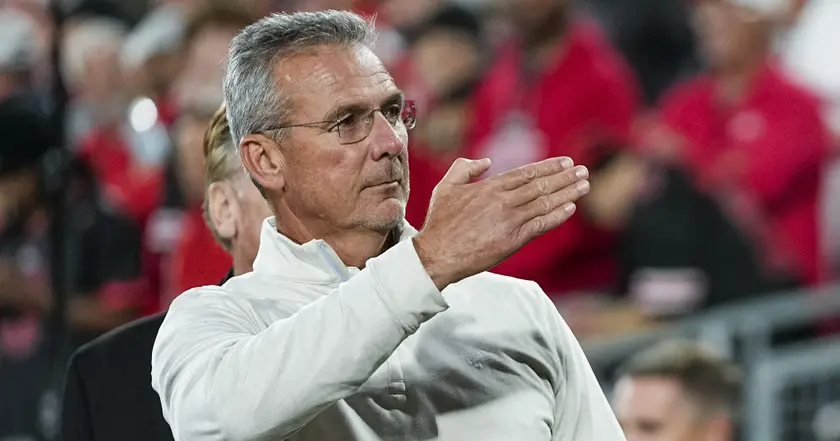T4K3.news
Meyer comments on Michigan sanctions
Urban Meyer weighs in on the Michigan punishments and questions the NCAA enforcement role after the sanctions are handed down.
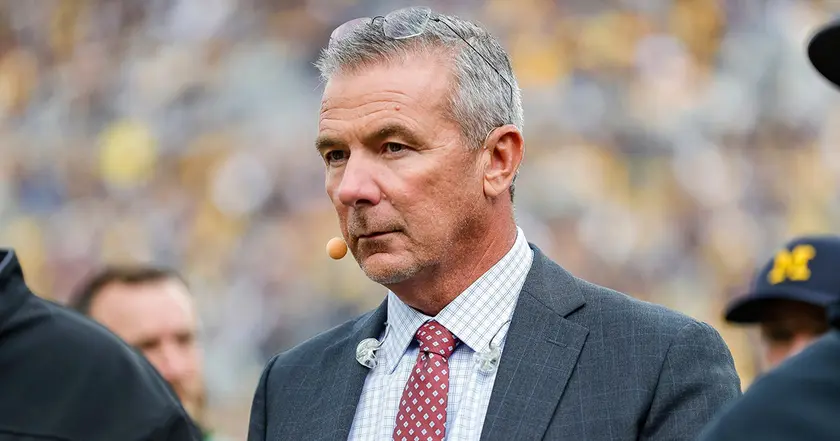
Urban Meyer weighs in on the Michigan sanctions, arguing the NCAA enforcement arm no longer exists.
Meyer Reacts to Michigan Punishments Declares NCAA Enforcement Arm No Longer Exists
Urban Meyer weighed in on the Michigan punishments, arguing that the NCAA has stepped back from enforcing rules and recalling a 2011 incident at Ohio State when players were barred from a bowl game. He says the focus should be on athletes who were not involved while acknowledging that this view signals a shift in how enforcement is applied in college football. The comments come as the NCAA imposed four years of probation on Michigan, with show-cause orders for several staff members and a slate of penalties affecting finances and recruiting.
Michigan plans to appeal the ruling. The sanctions include a budget-related fine, a penalty tied to postseason revenue losses for 2025 and 2026, a reduction in football scholarships, a 25 percent cut in official visits for 2025-26, and a 14-week ban on recruiting communications. In addition, Connor Stalions faces an eight-year show-cause order, Jim Harbaugh receives a 10-year show-cause, Denard Robinson a three-year show-cause, and Sherrone Moore an extra game suspension in 2026 along with a two-year show-cause. The university said it will pursue all options to ensure a fair result.
Key Takeaways
"In December of 2011, I had to stand in front of a group of seniors and tell them they were not allowed to play in a bowl or championship game in their final year of college football."
Meyer recalling a past sanctions moment
"The recent NCAA ruling to not punish players that weren’t involved is correct. However, this ruling also proves that the NCAA as an enforcement arm no longer exists."
Meyer commenting on enforcement role
"We appreciate the work of the Committee on Infractions. But, respectfully, in a number of instances the decision makes fundamental errors in interpreting NCAA bylaws; and it includes a number of conclusions that are directly contrary to the evidence — or lack of evidence — in the record."
Michigan statement on ruling
This episode spotlights a broader debate about how the NCAA exercises its power and protects players versus staff. Meyer frames enforcement as something no longer reliably carried out, a claim that feeds into a larger skepticism about governance in college athletics. The sanctions signal a governance model that leans on program-wide penalties that affect budgets and recruiting rather than only punishing players. That shift could influence how fans, donors, and athletes view rule enforcement and trust in the process.
Looking ahead, Michigan's appeal will test the infractions process and the NCAA's ability to defend its rulings under scrutiny from the public and from rival programs. The case may set a precedent for whether penalties that touch budgets and recruiting can be reconciled with fairness principles and consistent guidelines. The tension between accountability and practical consequences for programs will likely shape debates about reform in college sports governance.
Highlights
- Enforcement without consequence is not enforcement
- Rules must protect players and the game
- If the system cannot enforce its rules, it loses legitimacy
- Accountability requires clarity and consistency
NCAA enforcement credibility under scrutiny
The piece touches on sensitive governance issues in college athletics, including budget implications, public reaction and potential controversy over enforcement. These elements heighten risk of backlash and calls for reform as Michigan appeals and the NCAA defends its process.
The outcome will influence how rules are enforced in the next era of college football.
Enjoyed this? Let your friends know!
Related News
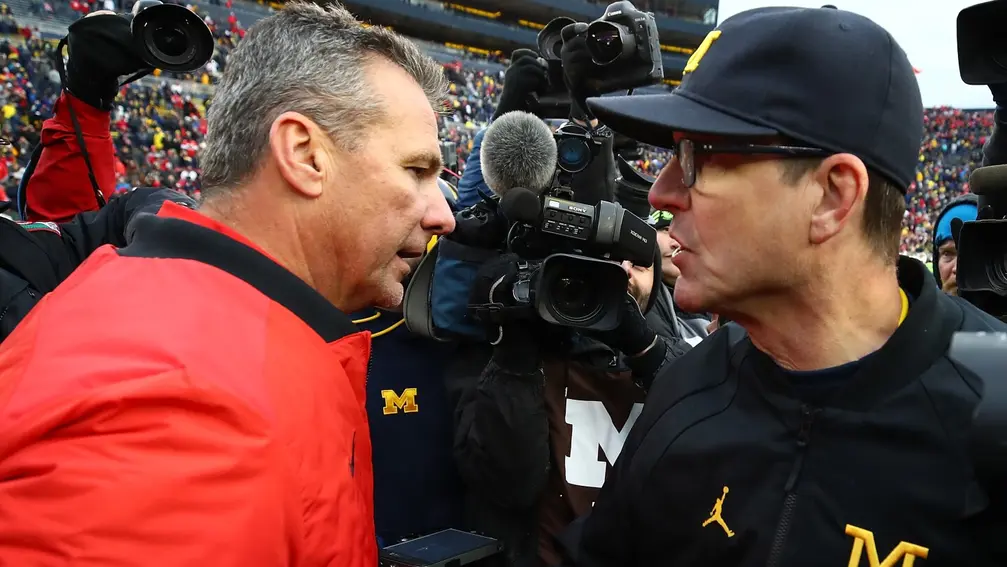
Meyer calls for NFL suspension of Harbaugh
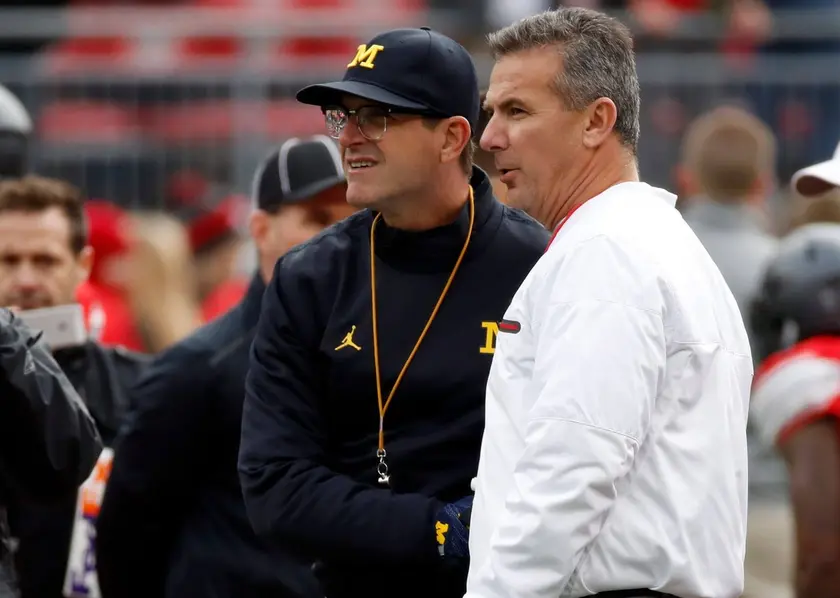
Meyer calls for NFL discipline for Harbaugh
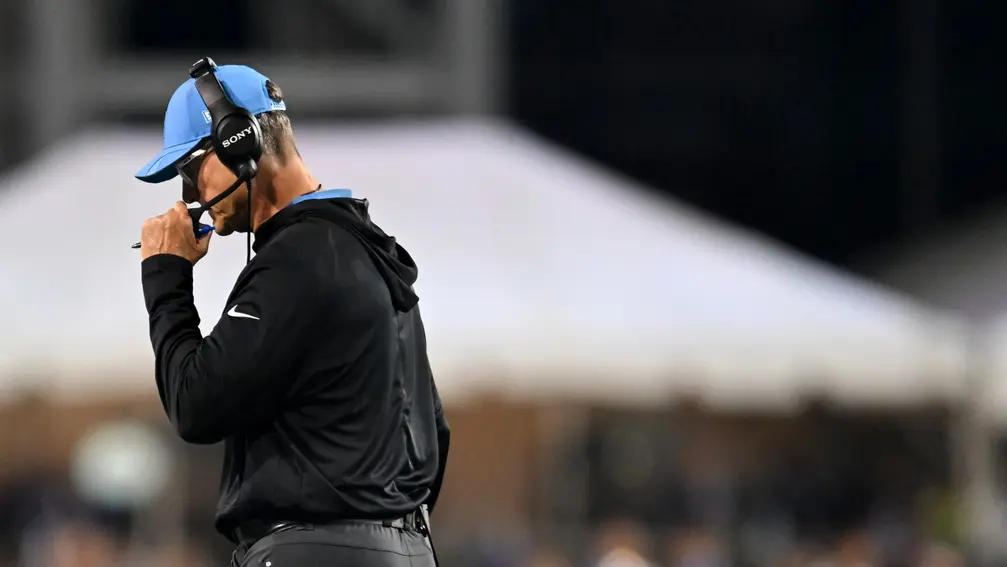
NCAA sanctions cast shadow over Harbaugh
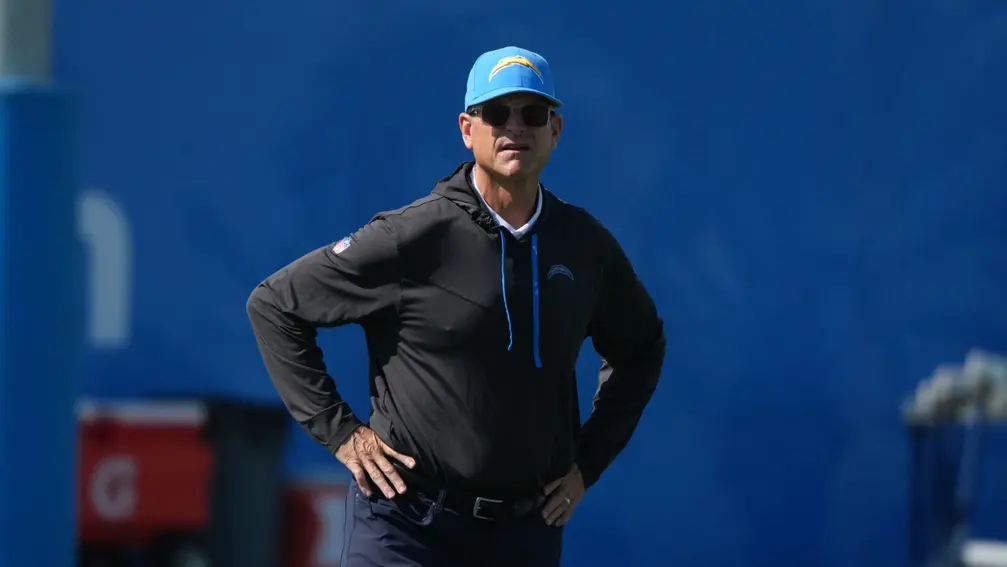
Harbaugh faces 10 year show cause
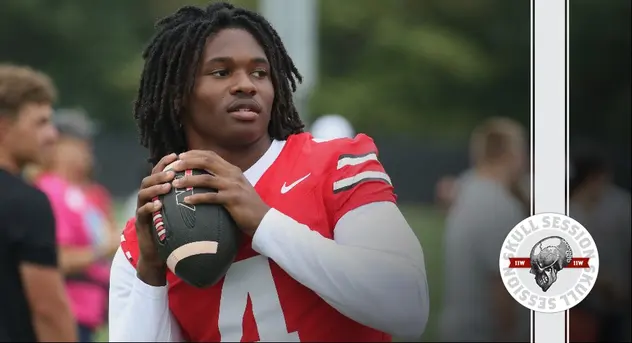
Penalties draw debate as Klatt predicts CFP final
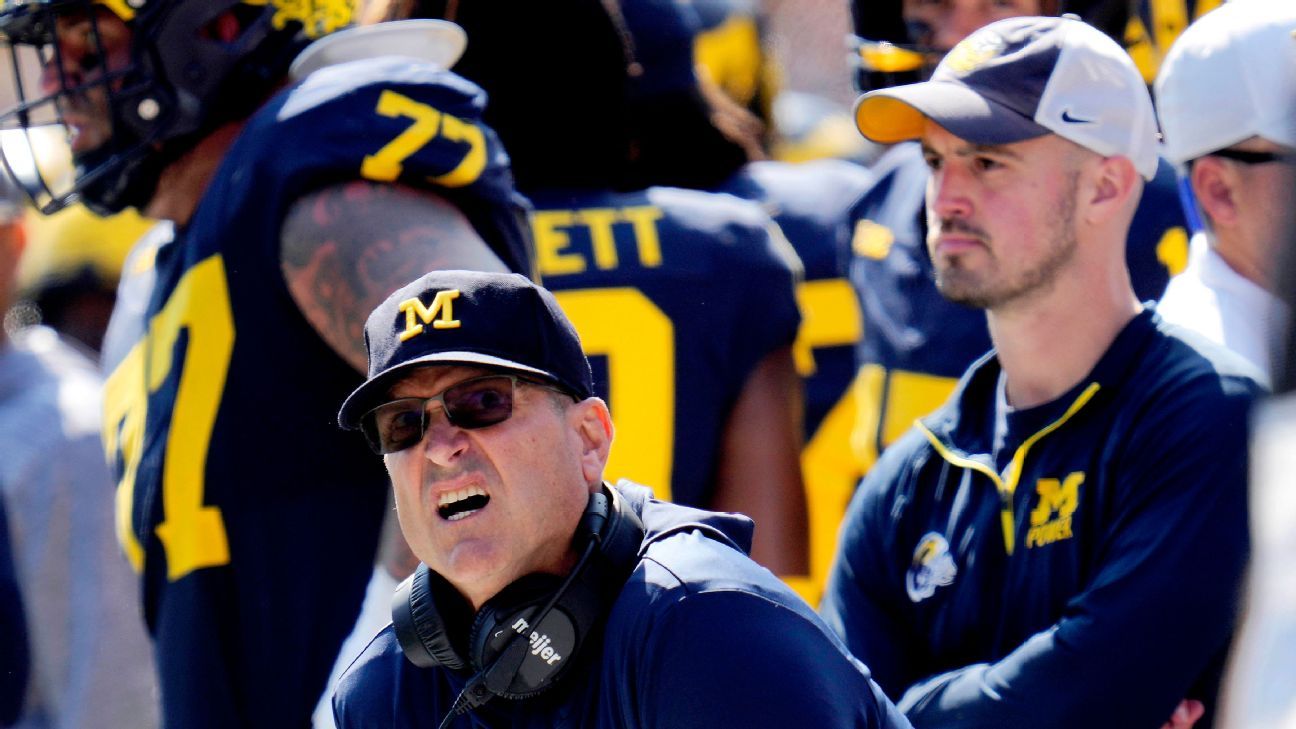
Big Ten commissioner defends Michigan against NCAA penalties
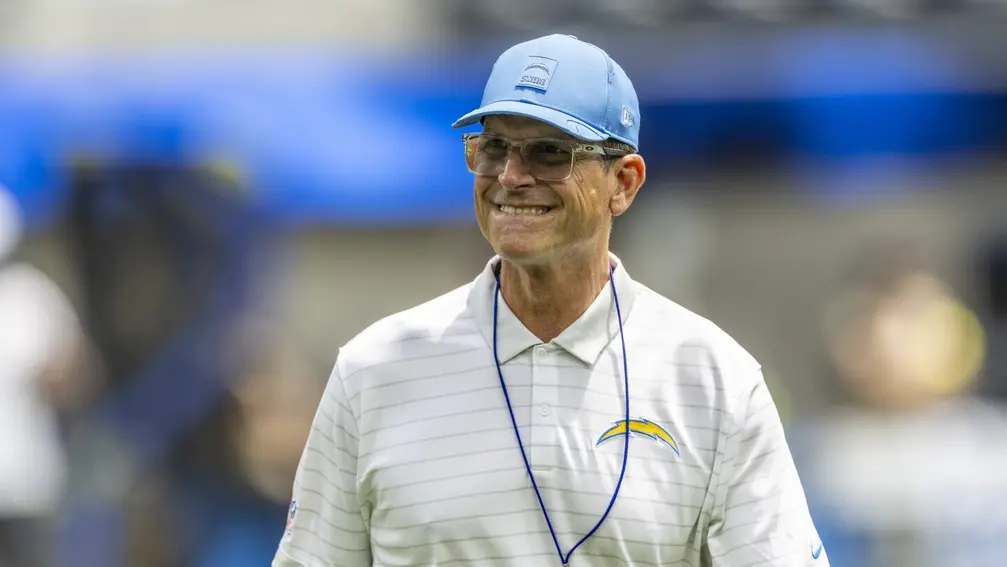
NCAA imposes 10 year show cause on Jim Harbaugh
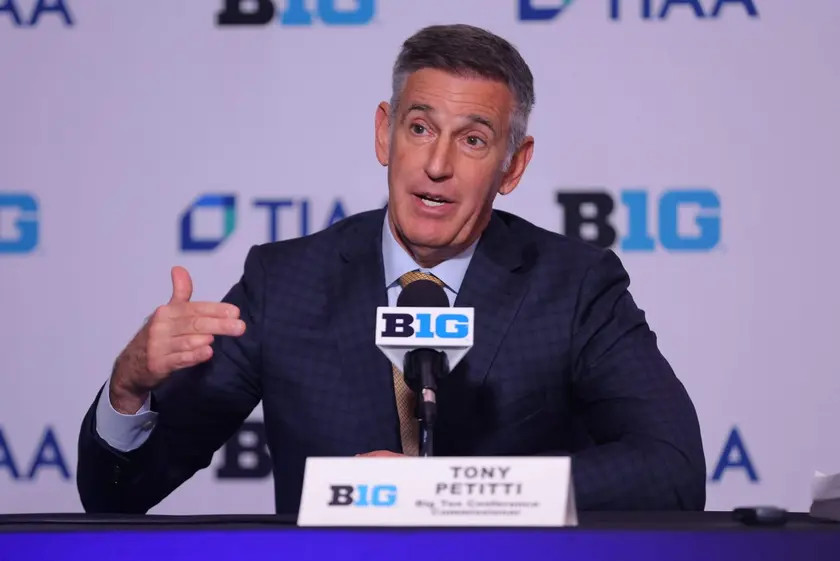
Big Ten commissioner expresses support for Michigan
